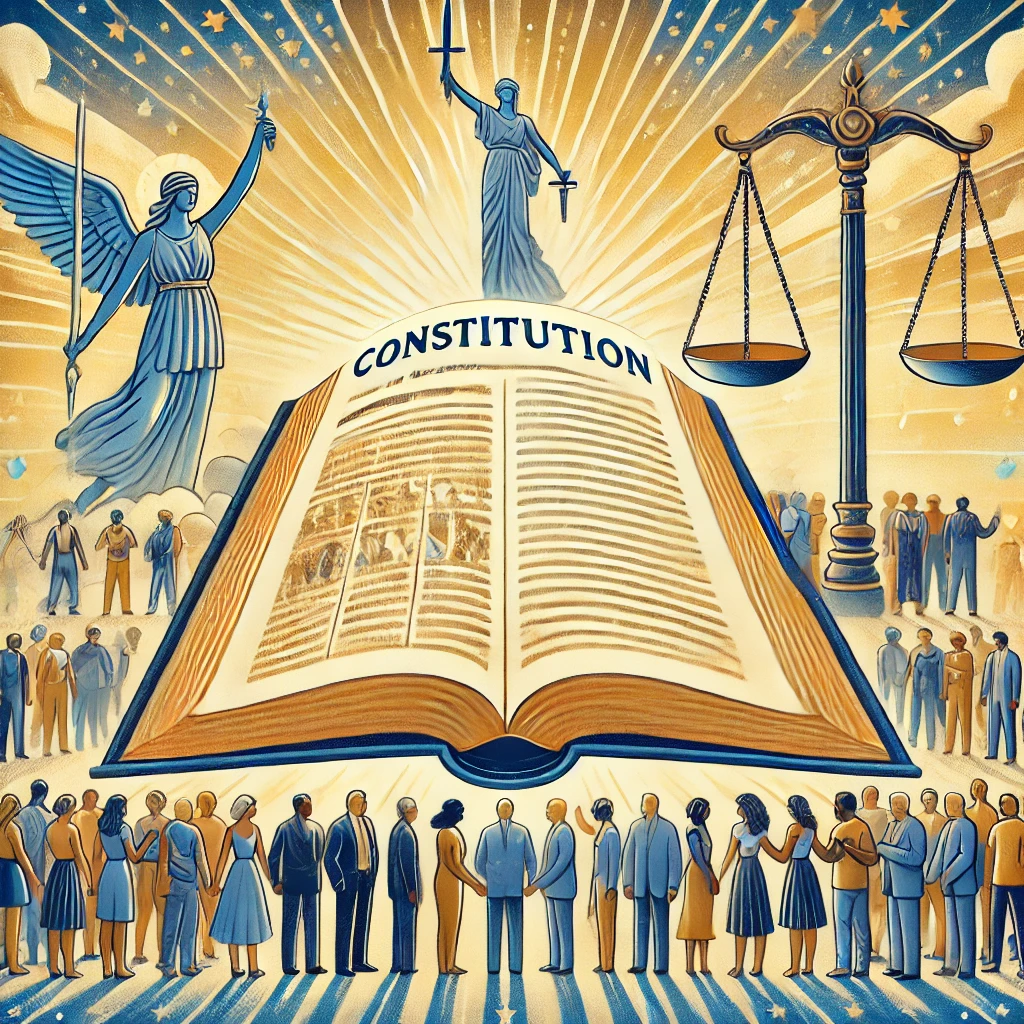In the context of our prevalent political culture, civility has two meanings: one refers to being non-military, and the other to being non-official. The perception of non-military civility is more widespread than that of non-official civility. For instance, anything not public is considered civil. In this sense, the religious activities conducted by the Directorate of Religious Affairs (DIB), as one of the official institutions of the state, are official and not civil. Similarly, municipalities, as local government bodies, are considered public institutions and, therefore, official.
The example of the Directorate of Religious Affairs does not mean that Islam, by its nature, cannot have official or institutional relationships and manifestations. If that were the case, it would imply a duality of conflicting essences, a notion alien to Islam and a product of the dual truth perspective originating from the West. Indeed, the practices of the Prophet Muhammad and the four caliphs clearly demonstrate that religion can have an official form, with institutions such as the Bayt al-Mal (House of Wealth) for collecting zakat, ushūr, and war booty. What we are addressing here is the state apparatus, declared to have secularism as its official ideology, taking religious activities under its control and establishing a formal institution named the “Directorate of Religious Affairs.” Consequently, religious activities under this model lack a civil character due to their official and institutional nature.
From a political science perspective, an activity or institution is expected to meet three criteria to be considered civil: it must be non-governmental, voluntary, and autonomous. Organizations meeting these criteria are entitled to be called “civil society organizations” (CSOs). In modern Arabic, civility is referred to as al-Mujtama’ al-Madani, and the term’s association with madīna (city) and madaniyya (civilization) is significant.
From a liberal perspective, for a constitution to be deemed civil, it must exhibit three main characteristics:
1.It must be prepared by citizens.
2.It must be prepared by the civil population.
3.Its provisions must have a character that civilizes the regime.
In liberal literature, although the term “citizen” is territorially tied to the nation-state, the emphasis is on the preparers not having official or institutional status. If “civil” implies urban, then rural populations would have no say in drafting the constitution, a notion that contradicts the first criterion, since rural inhabitants are also citizens of the nation-state. Excluding them from constitutional drafting would be both unjust and irrational.
A text alone cannot civilize a regime—this is evident. The primary issues in constitutions lie in the process of their drafting, the reference framework that constitutes their spirit, and the content of their articles. Therefore, the mere absence of military involvement in drafting does not render a text a “civil constitution.” Instead, it might result in a constitution prepared by a political party or academic experts, with pressure groups and vested interests playing a background role.
When attempting to draft a “modern constitution” in Turkey or elsewhere, historical factors that shaped Western constitutions are often presumed to exist in these contexts, and the text is written accordingly. However, significant differences between these cultural spheres should not be overlooked.
One critical difference is that Western constitutions are individual-centric. The affirmation of fundamental rights and freedoms within these texts is essential. Yet, when intermediary layers—collective entities with rights—are not recognized between the individual and the state, the individual has no bargaining or resistance power against the state, leading to the state prevailing in every conflict of interest.
How can an individual alone withstand the immense power of the state? When individuals form associations, the liberal perspective does not recognize collective rights, allowing only certain demands and reactions through civil society organizations. In traditional societies, however, these associations are often based on kinship, blood ties, religious sects, or mystical orders. The new paradigm does not recognize these entities as rights-holders, with radical secularists even deeming them illegitimate.
As mentioned in a previous article, constitutions, when listing rights and duties, view the individual through a Christian lens as inherently guilty. However, a Muslim living in Turkey—be they atheist or deist—does not culturally view the individual as born sinful or as a stand-alone entity as in Christianity.
Equally important is the fact that Western constitutions emerged in the 19th century as compromise texts resulting from prolonged class struggles. These texts were shaped by historical conflicts such as church-state or worker-bourgeoisie struggles. In contrast, such class conflicts did not occur in our history. While classes in the West were socio-economic, in our history, they were socio-cultural and identity-based. Consequently, the spirit of political activity in our context revolves around values rather than class warfare or compromise. The highest values in politics are justice and fairness, derived from Islam.
It is crucial to remember the influence of liberalism’s victories over communism and fascism on constitutional drafting. Constitutions framed under the liberal paradigm often lead to accusations of fascism or communism against those who challenge liberal philosophy. Similarly, if the framers are socialists or fascists, liberals face harsh accusations. However, our history lacks liberal movements triumphing over fascism or communism. Fascism, communism, and liberalism were all imported from Europe as ideas or political systems.
Post-World War II developments played significant roles in shaping modern constitutions. These developments include the victors imposing constitutional texts on the defeated nations, such as Germany, Italy, and Japan, and, more recently, on Iraq after 2003 by the United States and the United Kingdom. The logic behind this mirrors the concept in Islamic law of granting dhimmi status to defeated populations in wartime.
Given these ailments, texts burdened by these flaws cannot rightfully claim the title of a “good constitution.”
















